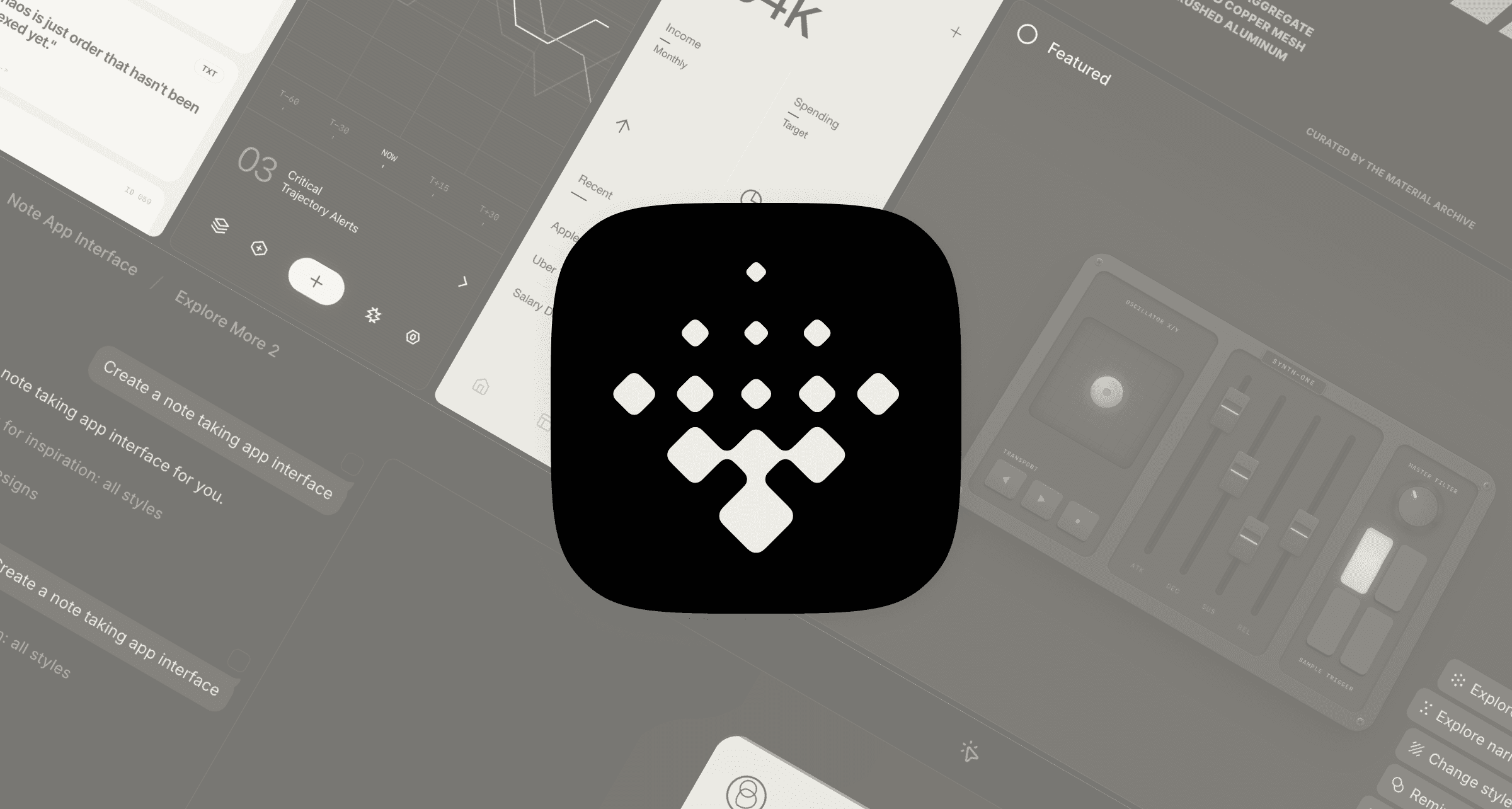Banani: AI Wireframing
Banani is an AI-powered tool that generates wireframes and hifi mockups from text prompts. You describe a screen, and Banani will generate a wireframe based on your requirements that you can see and, most importantly, edit with follow-up prompts.

Highlights
Generate and iterate via AI chat
Copy-paste directly to Figma
Convert wireframes to hifi designs if you like
Why it's great: Banani is ideal for both professional designers and non-designers who want realistic, ready-to-implement wireframes quickly.
Tldraw: Fast and Simple
Tldraw is a whiteboard that doubles as a neat, simple wireframing tool. You can sketch flows and make UI wireframes with their primitives.
I've selected it because of its simplicity and amazing performance compared to other similar whiteboarding products.

Highlights
Great for user flows and early-stage concepts
Team workshops and brainstorming
Huge integrations with other apps
Why it's great: If you like starting broad with sticky notes and flows before refining details, Miro is your go-to.
Balsamiq: Tested by Time
The OG wireframing tool. Balsamiq sticks to low-fidelity sketches, so your team focuses on structure rather than visuals.
They have both a desktop and a web app, depending on your preferences. It's old, but it has been tried and tested by thousands of people.

Highlights
Sketch-style wireframes
Drag-and-drop simplicity
Quick collaboration
Why it's great: Balsamiq keeps things intentionally "ugly". Perfect if you don’t want stakeholders distracted by fonts and colors too early.
Visily: Lofi to Hifi
Visily AI aims at non-designers who want to turn ideas into wireframes with minimal effort. Similarly to previously mentioned Banani, you describe your app, and it generates screens instantly.
You can also select from their library of templates if you don’t want to chat with AI.

Highlights
Text-to-wireframe generation
Clickable prototypes out of the box
Fast way to visualize ideas
Caveat: The end UI often looks rough, with awkward shadows or sizes that need editing. Still, it’s a handy choice for brainstorming and internal pitches.
Final Thoughts
Wireframing is meant to be exciting, but most importantly, a fast stage of the design process. The best tool is the one that matches your workflow.
To pick the right wireframing tool, go backwards from the problem you’re looking to solve with it.




